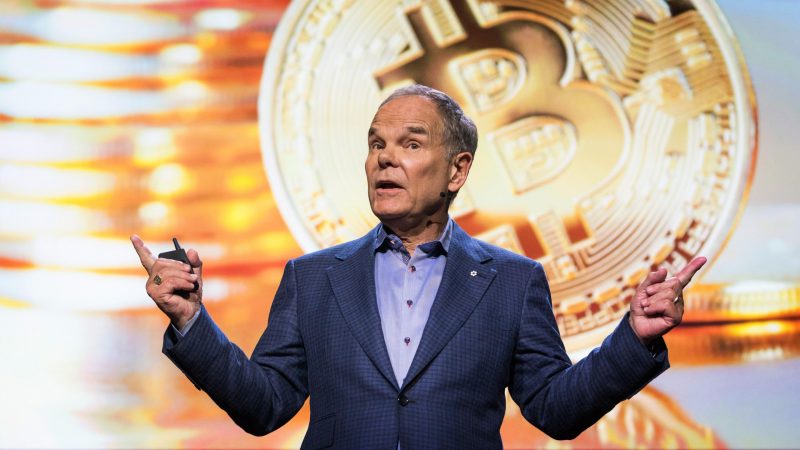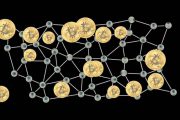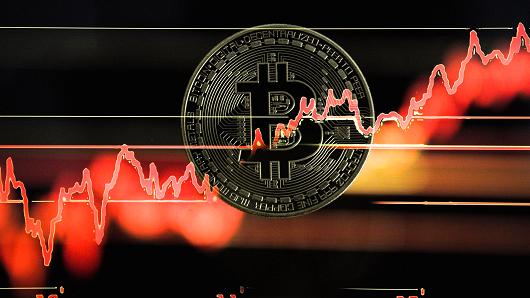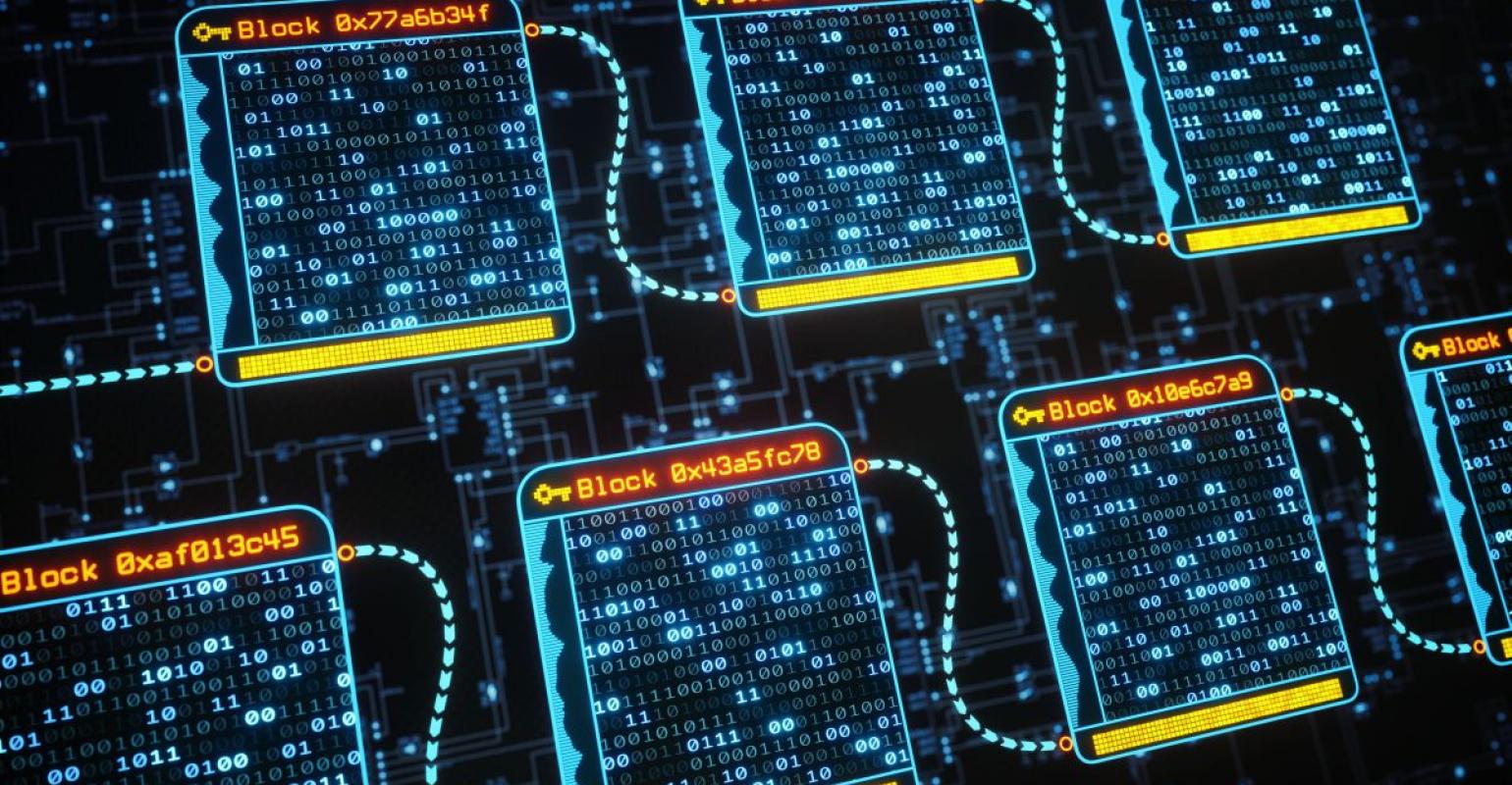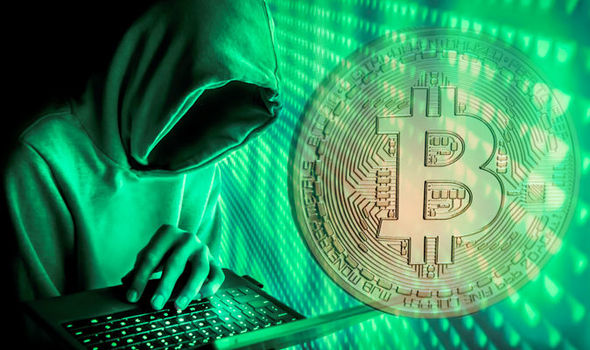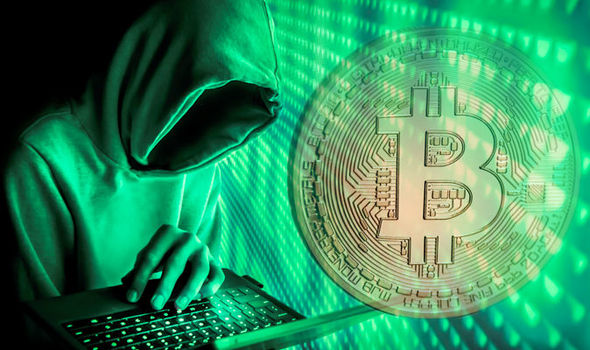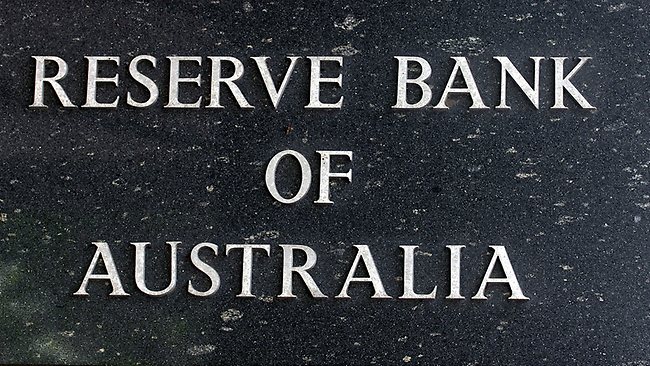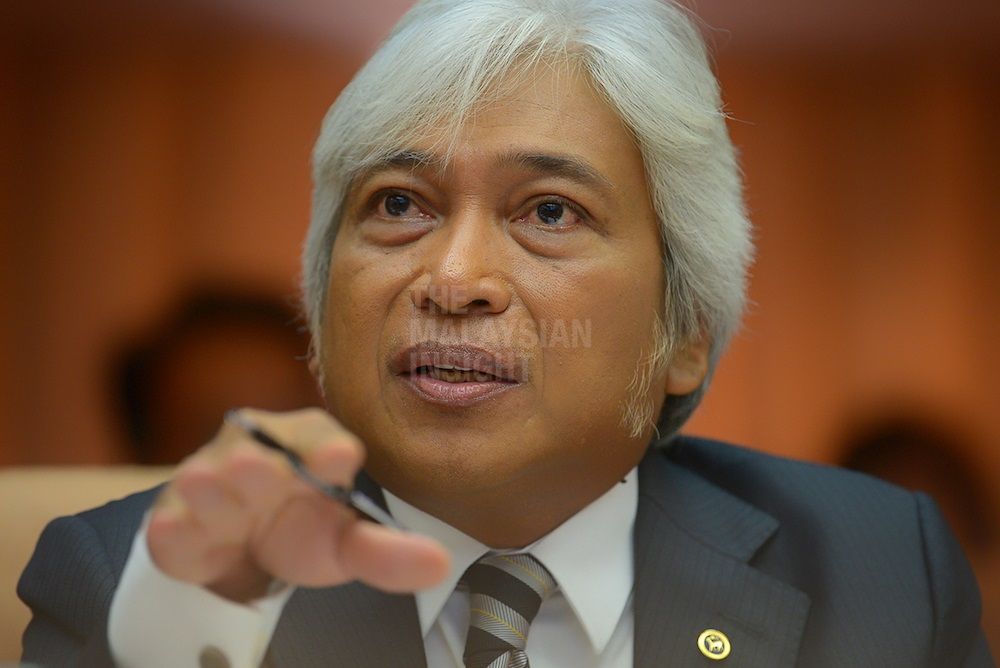Forget bitcoin, the revolution behind it is going to change the world, it’s called blockchain. The question is are we ready for it?
Twenty-three years ago we thought the internet was the most extravagant thing to ever hit our homes, allowing us a portal into the unknown.
Some say this became the largest unregulated experiment in human history. But considering everything we have been through and learned we’re now on the cusp of another major new technological revolution, yes you’ve heard that phrase before, but if implemented right, this could become a real economic and social coup of sorts.
It is called blockchain, a technology commonly associated with bitcoin, the currency, yet they don’t really have much to do with each other other than the fact that blockchain acts as the ledger in which it is traded on.
The real promise here is the infinite changes and possibilities that this secure ledger, blockchain brings to many different industries and assets, from money, stocks, bonds, intellectual property, carbon credit, energy, health, our identities and cultural assets just to name a few, this will all be disintermediated and once again become ours. But governments feel a change of wind coming and that makes them nervous, as we learn from blockchain pioneer and bestselling author Don Tapscott we need to be careful about how all of this unfolds, we only have to look back and see how the first age of information turned out.
With regards to the world of blockchain, I feel like we’re in the eye of the storm right now, waiting for the hype cycle to settle. Or as one panelist recently put it we’re witnessing a type of Cambrian explosion. Your son Alex who we’ve talked to says that blockchain is akin to a revolution like the internal combustion engine, how would you describe it?
The way that we view it is that blockchain represents the second era of the internet. The first era for decades was the internet of information. Now we’re getting an internet of value. Where anything of value which including money, our identities, cultural assets like music, even a vote can be stored, managed, transacted and moved around in a secure private way.
And where trust is not achieved by an intermediary it’s achieved by collaborative cryptography through some clever code which is why Alex and I call it the trust protocol. Trust is native to the medium.
Most people in the industry would agree, that it’s still very much in its infancy stage and it has a lot of maturing to do?
Indeed, there’s is much to happen, and what we have so far is the first big app of the internet of value, Bitcoin kind of like email was the first big app of the internet of information. But now we’re seeing general purpose platforms emerge like Ethereum, Icon, Eon, Cosmos, and others that are more like the web, where you can develop any app you want on them. Analogies are always imperfect and it’s hard to describe just how fast this is all unfolding. It’s all very uneven, where one industry is plugging along and the other more quickly. There is also a combined effect happening where things are coming together very quickly to bring about change.
There is an old expression from the 1995 period, that being we tend to overestimate the impact of technology in the short term but we underestimate the impact of technology in the long term. I’m not sure that’s true now. I think that we’re underestimating all around us. In 1995 we were still using dial-up, most people didn’t use computers, there was no mobility and no mobile web, telephones were connected to the wall with a wire it was a very strange concept. Now we have six billion people with a supercomputer in their pocket. Broadband all over the place, the digital divide is closing fast, we have sophisticated users, a massive software industry globally that are building platforms on networks, not just mainframes and minicomputers. Not to mention Moore’s Law which has delivered this extraordinary processing capability, so it’s quite possible that this will all unfold in a much faster way.
Source/More: Don Tapscott: ‘Blockchain represents the second era of the internet.’

